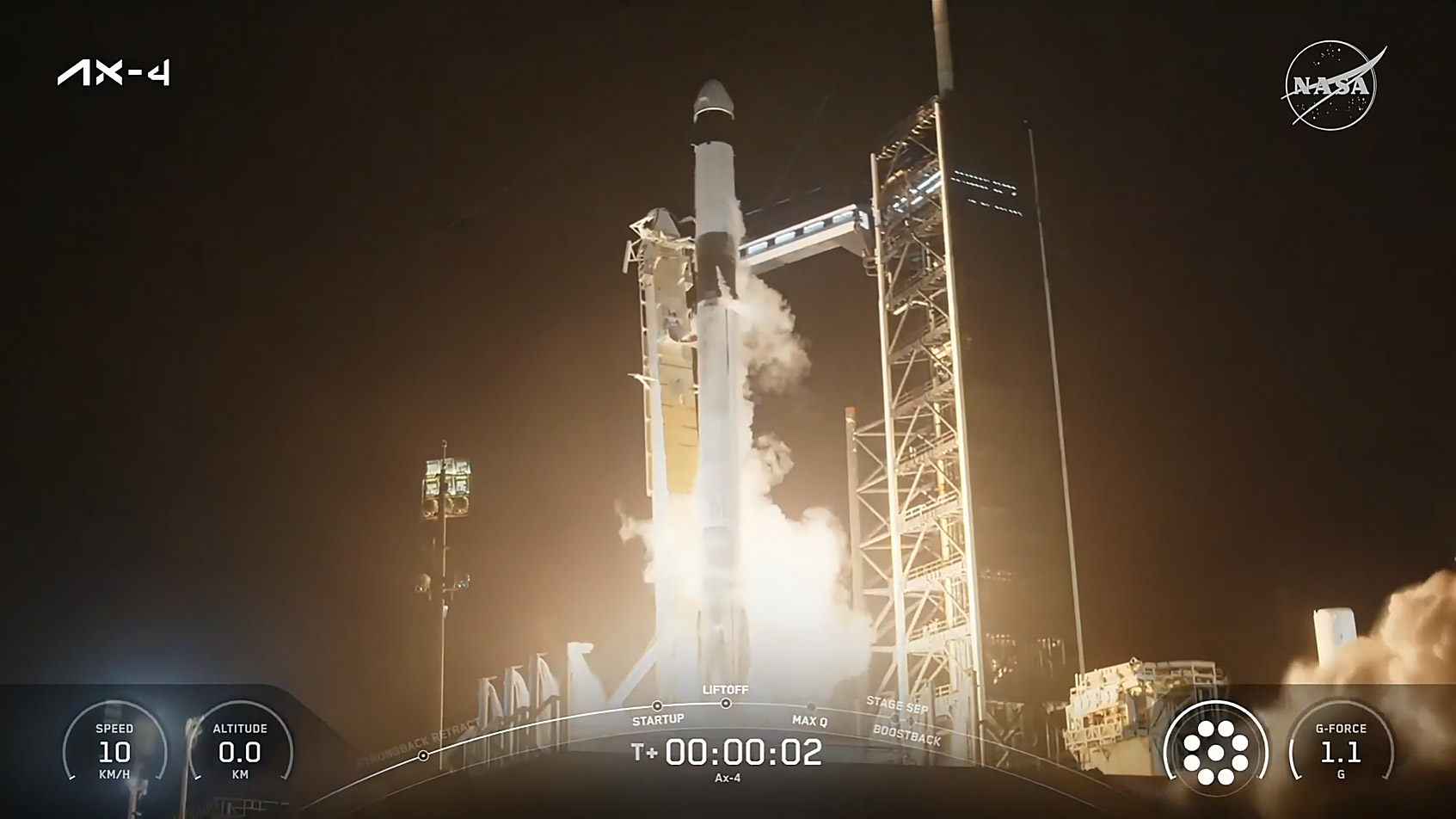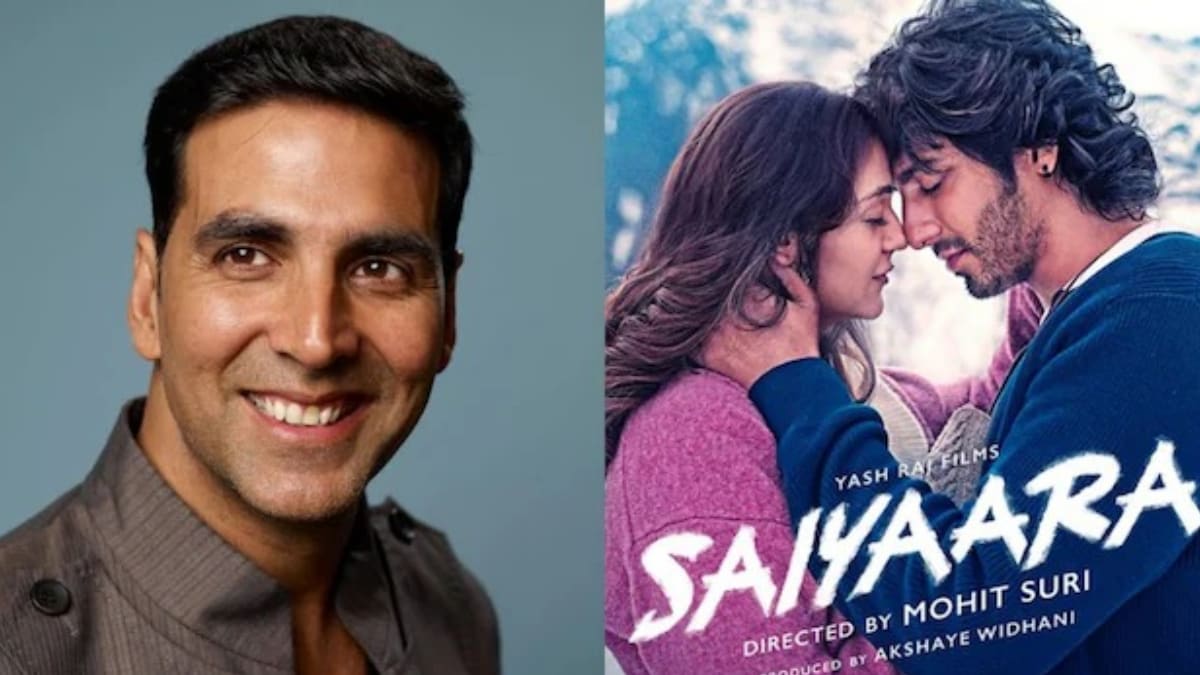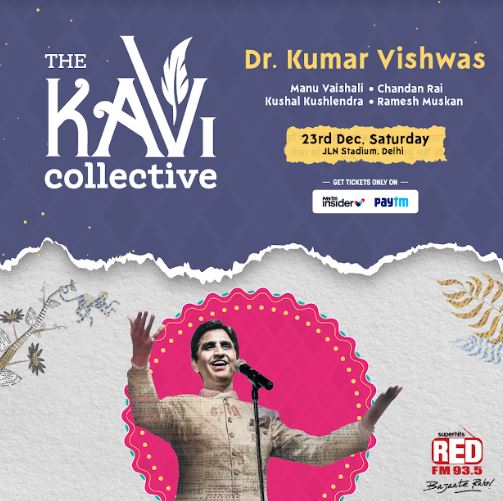India Set to Redefine BRICS in 2026: PM Modi Emphasizes Focus on Global South
Prime Minister Narendra Modi announced that India will redefine BRICS in a “new form” during its presidency in 2026,

Rio de Janeiro / New Delhi.
Prime Minister Narendra Modi announced that India will redefine BRICS in a “new form” during its presidency in 2026, with a strong focus on the priorities and challenges of the Global South.
Speaking on the second day of the BRICS Summit in Rio de Janeiro, PM Modi emphasized that India will adopt a people-centric approach and steer the group towards innovation, resilience, and inclusive cooperation.
“Under India’s BRICS presidency, we will work to redefine BRICS in a new form. Just as we prioritized Global South issues during our G20 presidency, we will advance BRICS with the same ‘people-first’ and ‘humanity-first’ approach,” said the Prime Minister.
India’s Vision: A Strong Voice for the Global South
Modi underlined the need for BRICS nations to respond to the expectations of developing countries:
“The Global South has high hopes from us. To meet those expectations, we must lead by the principle of ‘Leadership by Example’.”
He reaffirmed India’s full commitment to work shoulder to shoulder with all BRICS partners to achieve shared goals.
BRICS: A Transforming Bloc
-
Founded in 2006 by Brazil, Russia, India, and China, with South Africa joining in 2010.
-
In 2024, Iran, Egypt, Ethiopia, and the UAE were granted full membership.
-
Indonesia became the latest full member in 2025.
-
Over 30 countries have formally applied to join the group.
BRICS is now increasingly seen as a key player in pushing for a multipolar global order.
India's Commitment to a Just World Order
PM Modi, before departing for the summit, had stated:
“Together, we strive for a more peaceful, just, democratic, and balanced multipolar world.”
India has consistently emphasized the role of BRICS in amplifying the voices of developing nations on the global stage.
Trump’s Threats & BRICS Response
Former US President Donald Trump recently threatened to impose an additional 10% tariff on countries aligning with BRICS, accusing the bloc of adopting “anti-America policies.”
In response, the BRICS joint declaration at the Rio summit condemned unilateral trade actions and arbitrary tariffs, although it stopped short of naming the United States directly.
India’s upcoming leadership of BRICS signals a potential transformation in both its vision and structure. For India, BRICS is not just a platform for economic and political cooperation but a tool to ensure global equity, inclusive development, and resilient partnerships.
"Resilience, innovation, and people-first cooperation" — this will define BRICS under India's leadership in 2026.






















